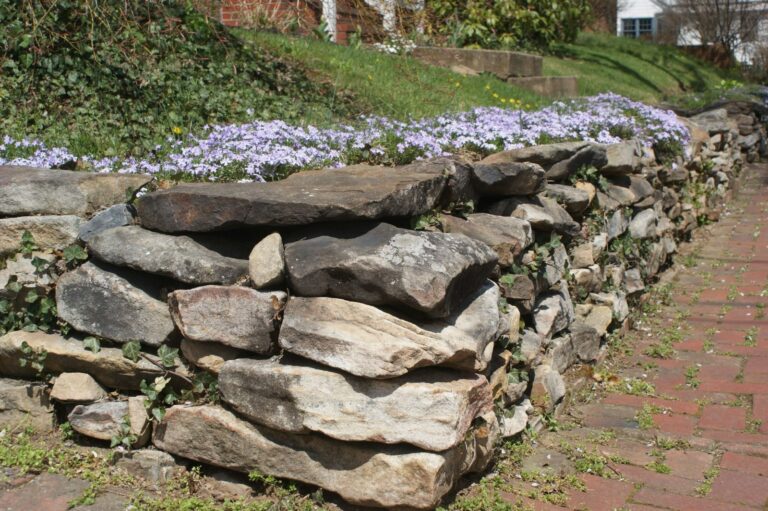
Stone Walls vs. Brick Walls: Which is Best for Your Outdoor Space?
When it comes to enhancing your outdoor space, both stone walls and brick walls offer timeless appeal and durability. Each material has its own set of benefits, making the decision between the two a crucial one for homeowners looking to invest in outdoor construction. Whether you’re considering building a retaining wall, garden wall, or even a decorative boundary, understanding the differences between stone and brick walls can help you make the best choice for your property. In this blog, we’ll break down the key factors to consider when deciding between stone walls and brick walls.
1. Aesthetic Appeal
Both stone and brick have unique visual qualities that can complement different styles of homes and landscapes. Stone walls, with their natural textures and varied colors, offer a rustic, organic look that blends seamlessly with nature. Whether you choose limestone, granite, or slate, stone walls create a timeless, high-end appearance that can enhance any outdoor space. They are often favored for their ability to add a sense of natural beauty and elegance to gardens, patios, and walkways.
On the other hand, brick walls provide a more structured and uniform look, making them ideal for homes with a classic or modern architectural style. Brick’s clean lines and consistent shape make it a popular choice for homeowners who prefer a more refined and polished appearance. Bricks come in a wide variety of colors and patterns, allowing for flexibility in design. Ultimately, the decision comes down to your personal aesthetic preferences and how you want your outdoor space to look.
2. Durability and Maintenance
When it comes to durability, both stone and brick walls are excellent choices, but there are differences in how they hold up over time. Stone walls, especially those made from natural stone, are incredibly durable and can withstand harsh weather conditions for decades. Because of their irregular shape and rough surface, stone walls are less prone to cracking or damage from natural forces. They also require minimal maintenance; occasional cleaning and resealing are typically enough to keep them looking their best.
Brick walls, while also durable, are more susceptible to cracking over time, especially in areas with extreme temperature fluctuations. The mortar between bricks can wear down, leading to the need for repairs or repointing. However, brick walls are easier to install than stone walls, which can make them a more cost-effective option in the short term. Regular maintenance, such as cleaning and inspecting for damage, is essential to ensure the longevity of a brick wall.
Cost and Installation
Cost Comparison of Stone and Brick Walls
Natural stone is typically more expensive due to material costs and labor-intensive installation, whereas brick walls are more affordable, offering a cost-effective alternative for budget-conscious projects.
Labor and Installation Differences
Stone walls require skilled masonry and more intricate installation, increasing labor costs. In contrast, brick walls are easier and quicker to install due to their consistent shape and size.
Value and Practicality
While stone walls can significantly enhance property value with their unique appearance, brick walls provide a practical and stylish solution for those on a tighter budget, balancing cost and aesthetic appeal.
Choosing between stone walls and brick walls for your outdoor space ultimately depends on your aesthetic preferences, budget, and long-term maintenance goals.
Stone walls offer a natural, luxurious appearance with superior durability, making them ideal for homeowners seeking a timeless look. Brick walls, on the other hand, provide a structured, classic style with lower upfront costs and easier installation. Whichever material you choose, both stone and brick walls can transform your outdoor space into a beautiful, functional area that enhances your home’s value and appeal.
Services
- Home improvement
- Bathroom Remodeling
- Tile Installer
- Stone Walls
- Patio
- Chimneys
- Sidewalks
- Flagstone Pavers
Information
Madison Ave, CT
info@trustingbuildersllc.com
(475) 449-7466

